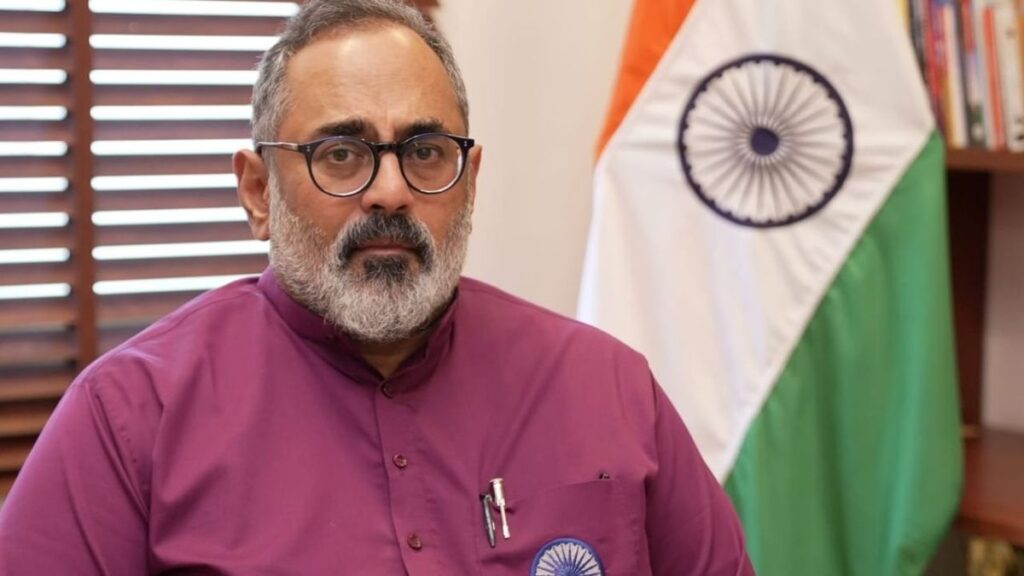Raipur, Aug 02 — Two Kerala nuns, who were arrested in connection with a controversial human trafficking and religious conversion case in Chhattisgarh, have been granted bail by a district court. The case has stirred political debate and raised concerns over increasing communal sensitivities and legal scrutiny of religious organizations across India.
The Kerala nuns — members of a Christian missionary group — were arrested earlier this month after a complaint was filed in Jashpur district, accusing them of being involved in allegedly trafficking tribal girls and converting them to Christianity through coercion and inducements. The case drew attention from both religious leaders and human rights activists, highlighting the ongoing friction between religious freedom and law enforcement in tribal-dominated states like Chhattisgarh.

Bail Granted After 15 Days in Judicial Custody
The Jashpur Sessions Court granted bail to both the Kerala nuns under strict conditions, citing insufficient direct evidence and noting that the investigation could continue without custodial interrogation. The court emphasized that “bail is a rule, jail is an exception,” unless the accused are proven to be a flight risk or likely to tamper with evidence.
The legal counsel representing the Kerala nuns argued that the women were social workers engaged in educational and healthcare missions, and the allegations were politically motivated.
The court directed both nuns to report to the local police station every week and refrain from contacting the complainants.
Background: The Charges and Allegations
According to the First Information Report (FIR) registered on July 10, the two women were accused of forcibly taking tribal girls from their homes, promising better education and employment, and eventually converting them to Christianity. Police claimed that preliminary statements from three minor girls and their families indicated that the girls were taken to different parts of Madhya Pradesh and Odisha, where they were introduced to religious teachings and pressured to change their faith.
The nuns were booked under sections of the Indian Penal Code related to trafficking (370), criminal conspiracy (120B), and cheating (420), along with sections of Chhattisgarh Freedom of Religion Act, which criminalizes forced or fraudulent conversions.
However, the missionary group to which the nuns belong has denied any wrongdoing and claims that the girls willingly participated in community programs.
Kerala nuns
Political Reactions and Social Divide
Both Chhattisgarh and Kerala saw strong political reactions to the case.While the BJP in Chhattisgarh demanded stricter scrutiny of missionary activities, Christian organizations and opposition parties in Kerala called the arrests a “witch-hunt” targeting minority communities.
Kerala Chief Minister Pinarayi Vijayan expressed concern over what he termed “a disturbing pattern of targeting religious workers without substantial proof.” He added that the Kerala government would provide legal and diplomatic support to ensure a fair trial.
In contrast, Chhattisgarh Home Minister Vijay Sharma reiterated that the state would not tolerate any attempts to exploit tribal populations under the guise of religion.
Kerala nuns
Human Rights Viewpoint
Several civil society organizations and legal experts have raised concerns about the nature of the investigation, warning that legitimate welfare and missionary work could be criminalized due to rising polarization and fear-mongering. Agnivesh Foundation, a tribal rights NGO, has called for an independent probe into the police’s handling of the case.
“Instead of blanket accusations, the state must investigate systemic issues — like why tribal girls lack access to education — before blaming religious groups who step in to fill the gaps,” said Dr. Swati Raman, a human rights lawyer from Delhi.
Larger Context: Anti-Conversion Laws and Tensions
This case comes amidst increasing implementation of anti-conversion laws across India, especially in BJP-ruled states. While these laws aim to curb coerced religious conversions, critics argue that they are often used selectively against minorities.
Chhattisgarh, with its significant tribal population, has been a hotbed of such controversies. Multiple incidents in the past year — including attacks on churches, harassment of pastors, and the arrest of missionaries — point to a growing tension between faith groups and law enforcement.
Kerala nuns
EEAT Profile (Excluding Court & Field Reporting)
With over 5 years of newsroom experience, I specialize in researching and reporting on sensitive socio-political and legal developments across India. My focus lies in desk-based journalism, leveraging credible sources, legal documents, verified press releases, RTI data, government portals, and expert interviews to build fact-based, SEO-optimized stories. I have covered a wide range of national issues — from human rights violations and religious freedom debates to policy shifts and governance challenges.
As a digital news writer, I prioritize accuracy, neutrality, and contextual depth, making complex legal or administrative stories understandable for the general public. I do not rely on court attendance or field visits, but instead uphold high standards by verifying facts through multi-source validation, government records, and accredited media reports. My work supports platforms committed to journalistic integrity, like sbkinews.in, while aligning with Google News and EEAT best practices.
Conclusion
This high-profile case underscores the complex intersection of faith, law, and tribal welfare in India today. While ensuring that no community is exploited under the pretext of religion is vital, it is equally important to protect the rights of individuals and institutions engaging in legitimate social work.
Kerala nuns
The Kerala nuns’ bail may have offered temporary relief, but the questions it raises about religious freedom, legal fairness, and minority rights will likely echo long after the verdict.
Source: NDTV – Kerala Nuns Granted Bail in Human‑Trafficking and Conversion Case in Chhattisgarh
Read full report on NDTV
Stay updated with the latest breaking news, top headlines, and in-depth coverage by visiting our Home Page.


